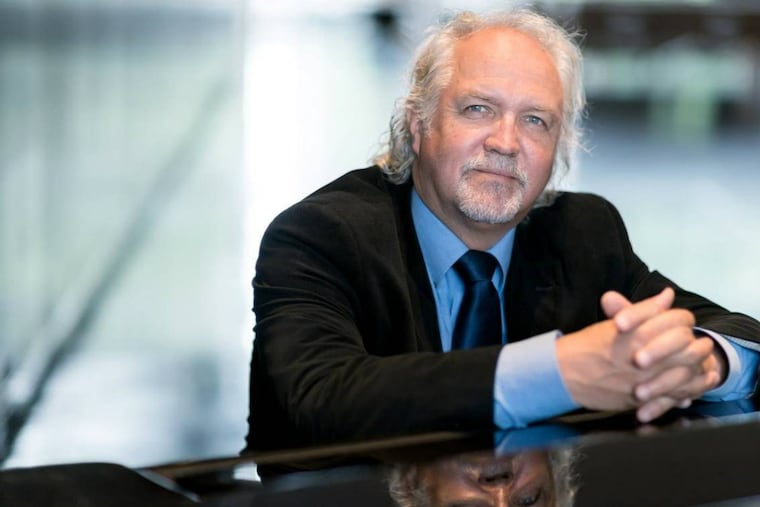Finding Hansel and Gretel with the Philadelphia Orchestra and Donald Runnicles
Donald Runnicles put the spotlight on the Philadelphia Orchestra's strings in a program featuring a suite drawn from Humperdinck's "Hansel and Gretel."

If you were trying to follow the plot of the orchestral suite drawn from Hansel and Gretel Thursday night at the Philadelphia Orchestra, things might have turned a bit absurdist after the "Prelude." The children get lost in the forest, as always. But pretty quickly, the witch gets shoved in the oven, and it all ends with Hansel and Gretel asleep in the woods, well before even meeting the witch.
There are no rules about order when you convert operatic material into something orchestral, and, musically, it's easy to see why guest conductor Donald Runnicles chose this suite, which was receiving its U.S. premiere (although not the entire suite was performed). The sleeping music that ends the second act of Humperdinck's Hansel and Gretel is stirring as almost no other.
Relatively little connective tissue had to be conjured to make up for the lost vocal parts in the four excerpts from the suite by Omar Abad, and if Runnicles' point in programming this music was to argue for bringing it from the child's realm into an adult setting, he succeeded. This is great music, and no less so for the simple folklike tunes and bird calls.
But Runnicles, who has had a regular presence here, heard this music in a way that didn't quite capitalize on its strength. The Humperdinck was certainly an effective showcase for the players, like clarinetist Ricardo Morales as he glided down a silken arpeggio. Runnicles, though, likes to move things along. And so some of the more Wagnerian aspects of the score — the pacing of that last stretch with children sleeping, the "Pantomime" — lacked mystery and tension. It never reached the state of divine transformation that it can — and has under conductors like, historically, André Cluytens, and, more recently, Vladimir Jurowski, whose 2008 Metropolitan Opera performance of the whole opera comes back to movie theaters Dec. 9.
The reordering of music invited a little revisionist musing; even a witch, this suite seemed to argue, deserves a divine send-off. She won't get the chance again when Runnicles leads this year's Met run of the Richard Jones production starting Dec. 18.
Philadelphia's musicians looked happier playing real Wagner. Runnicles followed Humperdinck with the overture to Tannhäuser, which packed a punch. The entire concert could be appreciated on some level as an exploration of the ensemble's strings. Tannhäuser has those lovely moments of intimacy that suggest close-ups of characters. The quick passage work by the violins in the last movement of Mozart's Symphony No. 38 in D Major, the "Prague," was fine, clean, and feathery. String solos and duos, in fact, rise up in several of the works, including the naturalistic cello solo played by Hai-Ye Ni in the Humperdinck that seemed as elemental as the forest floor.
In Vaughan Williams' Fantasia on a Theme by Thomas Tallis, coloristic detailing was made vivid. Warmth of the general string ensemble was set off by the smaller row of strings in back. When their responses were quiet and devoid of vibrato, they sounded almost like an organ in the distance.
Runnicles had his own fully formed thoughts about the second movement of Mozart's "Prague." At his quicker tempo, a few details were lost. It became more dancerly and somehow more casual. It left me cold, but this is the value of some guests. You may not agree, but listening to a story ardently told is never time wasted.
Additional performance at 8 p.m. Saturday, Verizon Hall, Broad and Spruce Streets. Tickets are $10-$147. Information: 215-893-1999 or philorch.org.